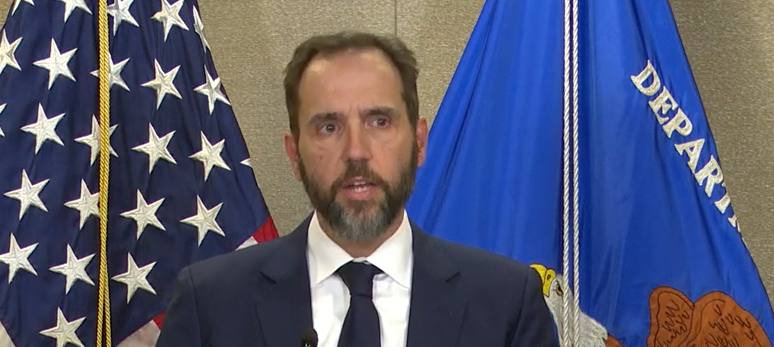Chief Justice Roberts — gives new meaning to police acting “reasonably”
The U.S. Supreme Court may have added fuel to the existing fire involving police.
At a time when public trust in policing is falling to its nadir, a recent U.S. Supreme Court decision may help escalate tensions. During the week of Dec. 14, the Court ruled in Heien v. North Carolina that ignorance of the law is excusable – but only for police. Justice Sonia Sotomayor disagreed.
“Traffic stops like those at issue here can be ‘annoying, frightening, and perhaps humiliating,’” she said.
The ruling stems from a case where North Carolina officers pulled over a car for the wrong reasons; but, the Court upheld the owner’s conviction 8-1. Now, all officers can be excused for not knowing the law.
Justice Sotomayor questioned “how a citizen seeking to be law-abiding and to structure his or her behavior to avoid these invasive, frightening and humiliating encounters [with police] could do so.”
It was during the Civil Rights Movement, the Court gave police the authority to stop-and-frisk based only on reasonable suspicion of danger, without evidence of an actual crime. Now, this Heien decision “means further eroding the Fourth Amendment’s protection of civil liberties in a context where that protection has already been worn down,” she said.
“In addition to these human consequences—including those for communities and for their relationships with the police—permitting mistakes of law to justify seizures has the perverse effect of preventing or delaying the clarification of the law,” Justice Sotomayor said.
However, Chief Justice John Roberts said government officials must be given leeway that civilians do not receive. Police “are meant to act reasonably, not perfectly,” he said. In this case, Nicholas Heien and Maynor Javier Vasquez were driving on I-77 in Surrey County, N.C. Sergeant Matt Darisse was on alert for traffickers. Darisse saw only one tail-light was working on their car and pulled them over. North Carolina’s attorney Robert Montgomery admitted Darisse was looking for a reason to pull them over.
It was April 2009. Vasquez was driving Heien’s Ford Escort. Heien was asleep in the back. While Darisse was writing a ticket for the broken tail light he felt Vasquez and Heien were acting suspiciously. That’s when Darisse asked to search their car. Heien agreed. Officers found a duffel bag filled with cocaine in the back hatch area. The men were convicted of trafficking, resulting in a 10 to 12 month prison term.
But, Darisse was wrong about the law. A driver does not need two working tail lights in North Carolina.
Since Heien was not breaking the law, there was no probable cause for Darisse to pull the men over. If ignorance of the law is no excuse for officers, then that means the drugs found in Heien’s car can’t be used against him at trial.
But, the Court dismissed that argument as fundamentally unfair to police. “We have little difficulty concluding that the officer’s error of law was reasonable,” said Roberts. Officers can make mistakes
Gloria Browne-Marshall, an Associate Professor of Constitutional Law at John Jay College, is the AANIC Supreme Court Correspondent. (African-American News & Information Consortium)








